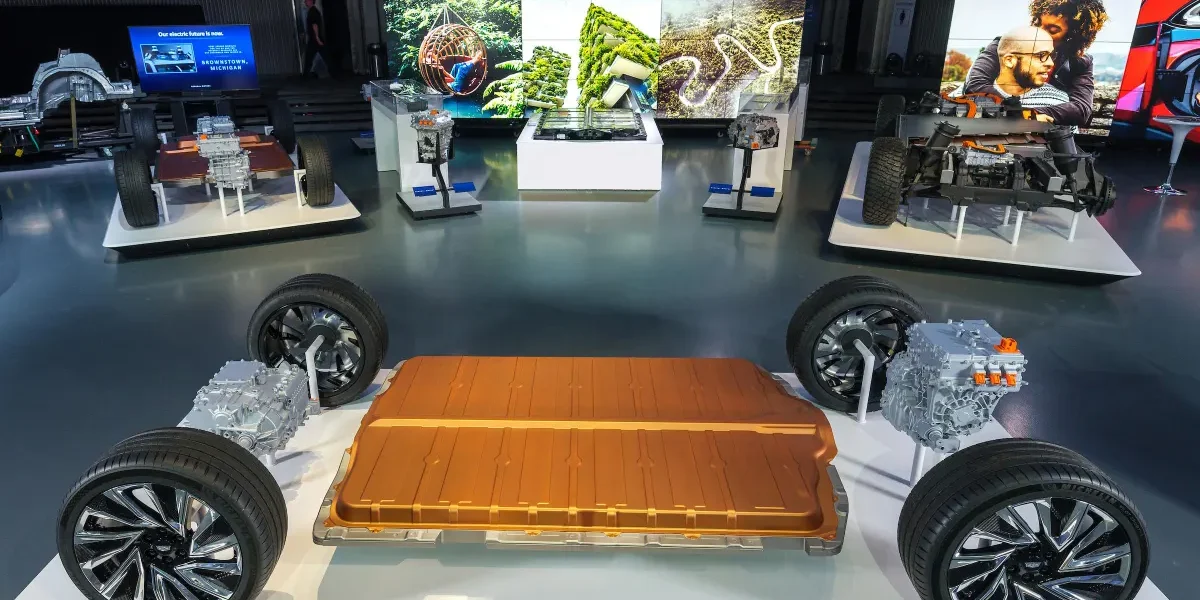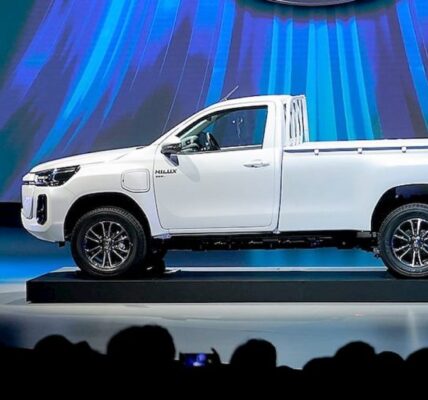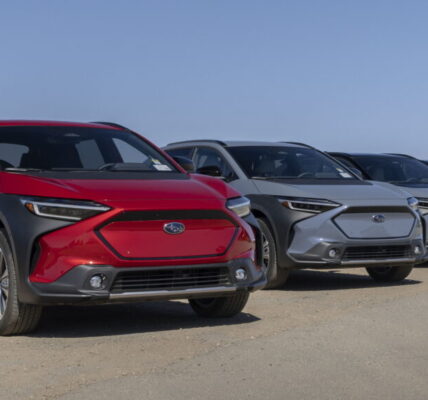Global Automotive Lithium-Ion Battery Market size was valued at USD 40.53 billion in 2021 and is poised to grow from USD 48.19 billion in 2022 to USD 228.87 billion by 2030, growing at a CAGR of 18.9% in the forecast period (2023-2030).
The global automotive lithium-ion battery market is growing rapidly due to the increasing demand for electric vehicles worldwide. Lithium-ion batteries are becoming the preferred choice for electric vehicles due to their high energy density, longer lifespan, and faster charging capabilities.
The market is expected to continue growing as governments worldwide implement policies promoting the adoption of electric vehicles and as more automakers enter the market with new electric vehicle models.
Segments covered in this report
Global Lithium-Ion Battery Market is segmented based on power capacity, application and region. Based on power capacity it is segmented as 5-25 wh, 48-95 wh, 18-28 kwh, 100-250 kwh, and more than 300 kwh. Based on application it is segmented as consumer electronics, automotive, and industrial.
Based on battery type, the market is segmented into Lead Acid, Lithium-ion, and others.
Based on vehicle type, the market is segmented based on, Passenger cars and commercial vehicles.
Based on engine type, the market is segmented into, IC engine and electric vehicle.
Based on the region it is segmented as North America, Europe, Asia-Pacific, South America, and MEA.
Drivers
Electric cars and plug-in hybrid cars have become increasingly popular, leading to a rise in the usage of lithium-ion batteries, which is expected to continue. The widespread adoption of these vehicles can be attributed to their ability to reduce pollution and energy consumption, as well as to their low maintenance requirements.
These benefits have made electric vehicles more attractive to consumers, and advancements in battery technology have further increased their popularity. As the demand for electric vehicles grows, so will the demand for lithium-ion batteries, which are viewed as the future of the auto industry and transportation systems.
Restraints
The failure to embrace electrical mobility and electro-automotive solutions may impede progress in the future. Moreover, insufficient knowledge and changes in government policies across different countries could reduce demand and obstruct growth in certain regions.
Trends
The market for battery-powered vehicles is predicted to expand due to an increasing acceptance and awareness among individuals. In response, leading EV manufacturers like Daimler AG, Ford Motors Company, and Renault Group are significantly ramping up their investments in this sector to attract more buyers.
For instance, Ford Motors Company has invested approximately USD 300 million in a Giga factory to augment the production capacity of their electric vehicles. As a result, this intensified competition is likely to drive the demand for automotive lithium-ion batteries and create job opportunities.








